Table of Contents
Selecting the right sugar substitute can be overwhelming for people with diabetes. Artificial sweeteners have become a popular choice for many and can be found in countless food products. Among them, Splenda, or sucralose and maltodextrin, takes the top spot. However, there is a remaining question: Does Splenda raise blood sugar and cause insulin spikes in people with diabetes?
This article will explore the evidence behind these claims and provide an overview of other artificial sweeteners for diabetics, such as whether is aspartame bad for diabetics. And are things called natural sweeteners for diabetics really safe? Thus, it will help you make an informed decision.
Is Splenda bad for diabetics?
The artificial sweetener sucralose was first approved in 1998 by the FDA as a convenient sugar substitute, 600 times sweeter than table sugar (sucrose) (1, 2).
It is probably in your diet already (marketed as “sugar-free” or “diet”), even if you don’t know it (2, 3).
To make Splenda (also its brand name), digestible sweeteners like maltodextrin (95% of Splenda) are added to sucralose (5% of Splenda).
Does Splenda raise blood sugar?
Splenda is a widely popular sugar-free, non-nutritive sweetener with no calories. That’s why its glycemic index (GI) is nearly zero, meaning that it doesn’t raise blood sugar levels (2, 4).
Sucralose is similar in structure to sucrose but with three chlorine atoms instead of hydroxyl groups, which changes the molecule’s shape. Because of this, your enzymes can’t digest sucralose like sucrose. In turn, it won’t cause a rapid spike in your blood sugar levels (5).
Most of it passes through your GI tract and comes out in your feces. A little bit (11-27%) is absorbed by your body and leaves in your urine (5).
One thing to consider is that although sucralose doesn’t raise blood sugar, some may still experience increased blood sugar due to the maltodextrin found in Splenda (6, 7).
Additional research has looked at the impacts of long-term exposure to sucralose on decreased insulin sensitivity, which could subsequently impact blood glucose levels (8).
But maltodextrin may not be the sole reason. In a study, 17 obese people with no prior diabetes diagnosis were given either sucralose or water and tested with an oral glucose challenge test, which measures the body’s response to sugar (9).
Notably, these people showed a greater blood sugar level when drinking sucralose compared to when drinking water (9). So more large-scale research should be done to know Splenda’s impact on blood sugar levels.
Is Splenda bad for diabetics?
For people with diabetes, their bodies can’t deal with sudden increases in blood sugar as well as healthy people. This can be especially dangerous, and they often need medicine to help control their blood sugar levels.
With its minimal impact on blood sugar levels, food companies market Splenda as safer than sugar for diabetics (10, 11). But what does science say?
A large observational study of French women showed that beverages with both artificial sweeteners (including Splenda) and fruit juice were linked with an increased risk of developing type 2 diabetes, or T2D (12).
Scientists suggest that non-nutritive sweeteners can cause negative impacts on the bacteria in your gut and cause inflammation and glucose intolerance, which may lead to T2D. Another mechanism is by interfering with the insulin receptor in cells, which directly affects your glucose metabolism (13, 14, 15).
In a 16-week study done on rats, sucralose reduced the number of healthy gut bacteria and increased the number of harmful bacteria. The bad bacteria that increase are linked to diabetes (16).
However, most of the results up to now are in animals. More clinical research is needed to completely understand what happens with your gut when you eat Splenda (17).
Another health concern is whether sucralose can withstand high temperatures. Studies have shown that it can break down at high temperatures and create harmful chemicals like chloropropanols and dioxins (18).
A more recent study claimed that consuming heated sucralose does not harm our health. However, this study was funded by Tate & Lyle, the company that provides Splenda (19).
You can still enjoy Splenda in moderation. The Acceptable Daily Intake (ADI) level for sucralose is set at 5 and 15 mg per kg of body weight per day in the United States and in the EU, respectively. There are no exceptions or limits for vulnerable groups such as pregnant women, infants, or even diabetics (20).
However, it’s best for women to limit their consumption of nonnutritive sweeteners while breastfeeding (21).
While these claims from the organization seem promising, the safety of Splenda still needs validation through multiple well-planned, long-term, and large-scale studies (13).
Does sucralose raise insulin?
An insulin spike is a rapid and significant increase in insulin levels in the blood. When this happens, you may feel tired and gain weight.
Insulin causes sugar in the blood to enter into cells for energy use, and any extra sugar that your body does not use becomes fat. Too much insulin use in diabetes can be associated with weight gain because it drives sugar into cells, and an individual may compensate by eating more calories than needed (22).
While sucralose may lower calorie intake, it may not help with diabetes control because it can make the body less sensitive to insulin (13).
In a small study, individuals were given either water or a sucralose-containing beverage before a glucose tolerance test (ingestion of a sugary drink, followed by blood glucose measurements every hour). Those who consumed sucralose had blood insulin levels that were 20% higher than those who consumed water before the test. The sucralose-consuming group also had a decrease in insulin sensitivity and insulin clearance (9, 23)
Other small studies found similar impacts of exposure to sucralose may also result in decreased insulin sensitivity (8, 23).
However, the evidence is not conclusive due to the lack of large studies.
Another theory is that people may experience decreased insulin sensitivity due to maltodextrin in Splenda (6)
Sucralose, found in Splenda, is 600 times sweeter than sucrose, non-caloric, and non-nutritive. It is marketed to not raise blood glucose or insulin level, yet more solid research should be done to confirm this and its safety. You might want to be careful if you’re thinking about cooking with it.
Artificial sweeteners and diabetes
In addition to Splenda, there are other artificial sweeteners that are commonly used as sugar substitutes. But are these sweeteners safe for diabetics?
Is aspartame bad for diabetics? The sweet dilemma
Aspartame is the oldest sugar substitute with the brand name Equal/NutraSweet. It is approximately 200 times sweeter than sucrose (24). You can find aspartame in Coke/Coca-Cola Zero, Pepsi, and chewing gum (2, 13).
Like Splenda, it has been shown to have little effect on blood sugar levels or insulin levels. It is generally considered safe for diabetics (2, 3). Similar to Splenda (3.36 calories per gram), Nutrasweet contains 4 calories per gram (10).
Aspartame is broken down in the small intestine into components that are absorbed into the blood and can be used for protein synthesis before being excreted (5).
Even being approved by the FDA over 40 years ago, aspartame is perhaps the most controversial artificial sweetener (2). Overall, an old study (2002) shows that aspartame is safe, and there are no unresolved questions about its safety (25).
However, recently, there have been concerns about its safety. Studies suggest a link between aspartame and diseases like diabetes, as well as obesity, weight gain, and mental stress. Some may even attach its name to cancer risk (13, 26).
While that may be true, a five-year study also found no association between aspartame consumption and the risk of brain tumors in over 400,000 men and women (13). Experts in Europe also determined that aspartame is safe for you and that no reliable studies have shown any increased risk of cancer (27).
Although the studies produced interesting results, more research is needed to fully understand the effects of aspartame on health.
Also, people with phenylketonuria (PKU), a rare condition, should not consume this sweetener. PKU prevents the metabolism of phenylalanine, a component that occurs when aspartame breaks down (3, 5, 28).
Diabetic brown sugar substitute: Should you try?
Brown sugar is often used in baked goods to provide a richer flavor than white sugar due to the added molasses found in brown sugar.
For people who prefer natural sweeteners, some brown sugar substitutes can be a good option. Some examples of natural brown sugar substitutes are maple syrup, date sugar, and honey. They are often advertised as a healthier alternative to artificial sweeteners (10).
However, these sweeteners are still full of sucrose, glucose, and fructose. Fructose is a problematic sugar that may badly affect your insulin sensitivity. Thus, natural sweeteners still raise blood sugar levels and should be used in moderation by diabetics (7, 29, 30).
So, the common brown sugar substitutes are more for recipes, not for your health.
Is sweet n low good for diabetics?
Sweet’N Low is the brand name of Saccharin. It is another popular compound for adding sweetness to foods and beverages (2). Saccharin is also sold under other brands, including Sweet Twin and Necta Sweet (4).
The FDA considers saccharin safe to consume. It is about 300 times sweeter than sugar. Your body absorbs about 85-95% of it and sends it through your bloodstream but can’t metabolize it, like sucralose (2, 5, 24).
That’s why sweet n low may change the composition of the gut microbiota (17).
While it has been shown to have little effect on blood sugar levels, it may still cause some decreased insulin sensitivity, and more research is needed (13).
Aspartame and saccharin seem to be fine for diabetics, with little effect on blood sugar levels or insulin levels. Still, they are a matter of concern when it comes to health risks, but some studies denied these claims. Natural brown sugar is still high in sugar and should be used in moderation by diabetics.
Natural sweeteners for diabetics: Is it true?
Natural sweeteners include carbohydrates, sugar alcohols, thaumatin, and stevia.
Among them, sugar alcohols are popular because they have fewer calories and lower glycemic indexes and can also help prevent cavities (10, 31).
Sugar alcohols
Sugar alcohols can be found in some fruits and vegetables. They are erythritol, xylitol, sorbitol, maltitol, lactitol, and mannitol (31).
These sweeteners have a lower glycemic index than normal sugar and may not cause blood sugar levels to spike (7). You can also use them in baking and cooking as a substitute for regular brown sugar (10).
One confusing sugar alcohol is erythritol, which occurs naturally in some fruits and fermented foods. In fact, most erythritol sold commercially isn’t natural; it is made by fermenting corn or wheat.
Despite that, erythritol is quite safe to consume (32, 33). They don’t cause cavities or spikes in blood sugar levels (34).
Interestingly, only about 10% of the erythritol you eat enters the colon, which means that it is less likely to cause gas, bloating, and diarrhea caused by gut bacteria. The remaining 90% is excreted through your urine (35).
Even though it is non-cariogenic (does not cause tooth decay), a recent study found a possible increased risk of heart disease and blood clotting when people consume erythritol. So more studies are needed to fully understand its long-term safety (35, 36).
Thaumatin
Thaumatin is a sweet protein extracted from katemfe fruits. It is 2000 times sweeter than sucrose but contains 4 kcal per gram (37). Thus very little is needed to achieve equal sweetness.
Thaumatin is often used as a sweetener or flavor enhancer in various food and beverage products. In some people, thaumatin can cause allergies when they breathe them in. But when eaten, it is not likely to cause allergies (38).
Stevia
This non-caloric sweetener comes from the stevia plant, making it 200 times sweeter than sucrose (2, 17, 39).
However, the FDA has not approved using whole-leaf stevia or stevia crude (unrefined) extracts in food (40).
Steviol glycosides have been shown to not increase insulin levels as compared to sucrose or aspartame (41).
Stevia is good for more than just sweetening – it can help with diabetes, high blood pressure, inflammation, and tooth decay. Some studies show that the steviol glycosides in Stevia don’t cause mutations and aren’t linked to cancer or any long-lasting health problems (42).
It seems encouraging, but more research is needed to clarify it. Additionally, steviol may have a bitter aftertaste that some people find unpleasant.
Summary
By understanding the raw facts about Splenda and other sweeteners, you can make the best-informed choice for your health. So, what’s important to remember is:
- Artificial sweeteners like Splenda, saccharin, and aspartame are generally considered safe, but they may raise blood sugar levels or even reduce insulin sensitivity, both of which are not good for diabetics.
- On natural sweeteners for diabetics, brown sugar substitutes can be a good option for flavor but not for health benefits.
- Some safety concerns are raised with any sweetener, like aspartame, and in people with PKU. So you should check them carefully before choosing.
- The available clinical studies are mostly small and short-term, so it’s hard to say for sure if intense sweeteners affect your health in the long run.
As with any sweetener, it is always best to limit its use and be as natural as possible.
The fact is companies might prioritize their high profits over fully disclosing any downsides of their products. All in all, it’s best for people with diabetes to work with their healthcare provider to determine the best sugar substitute for their needs.







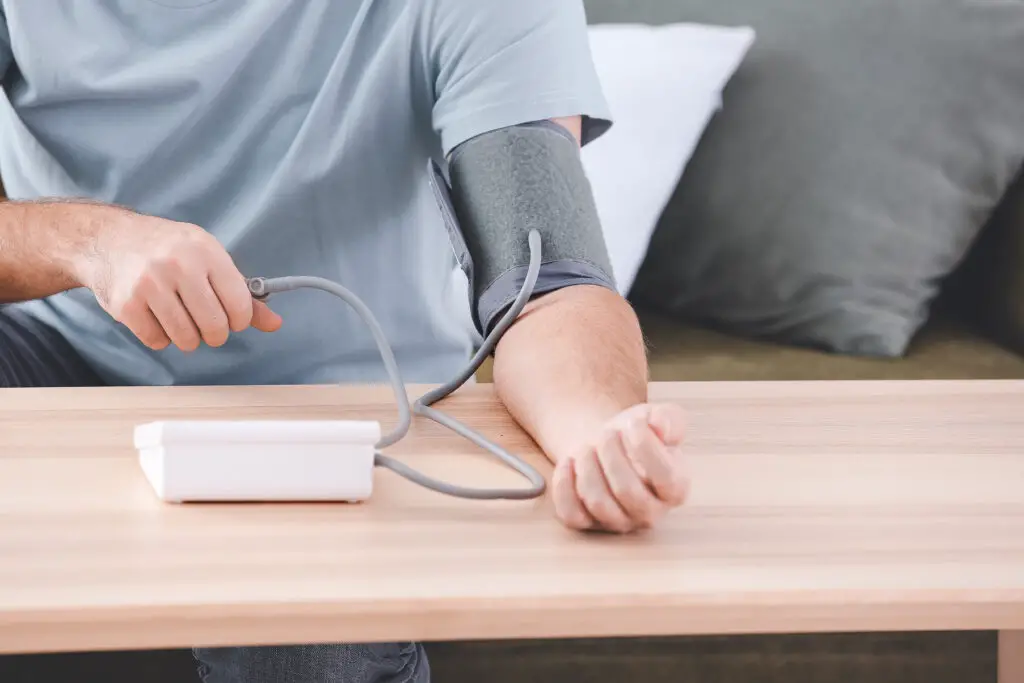
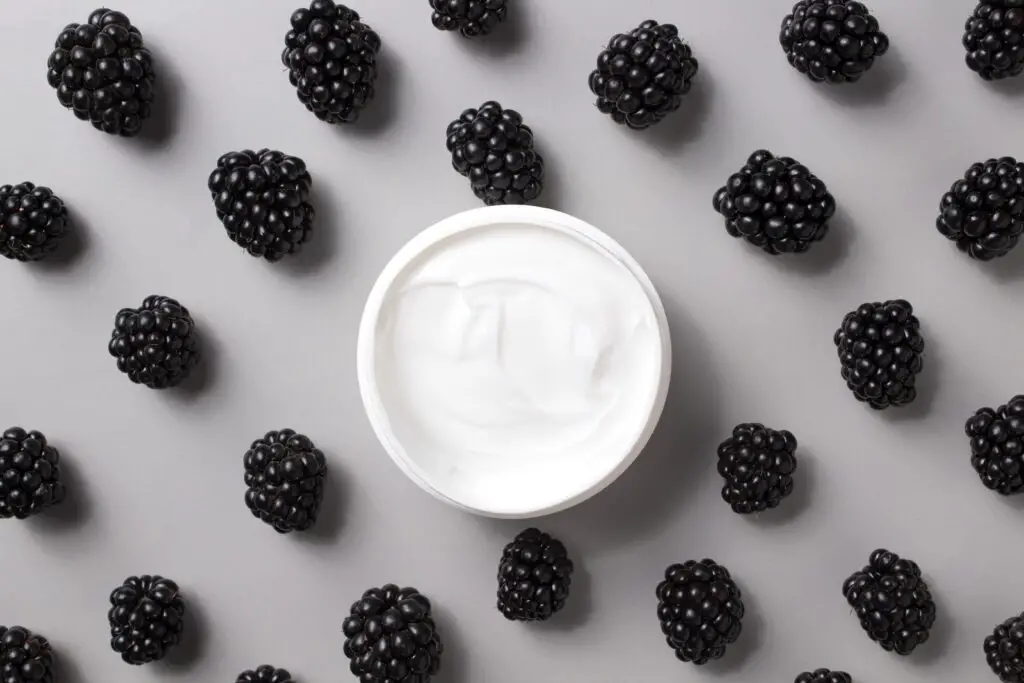

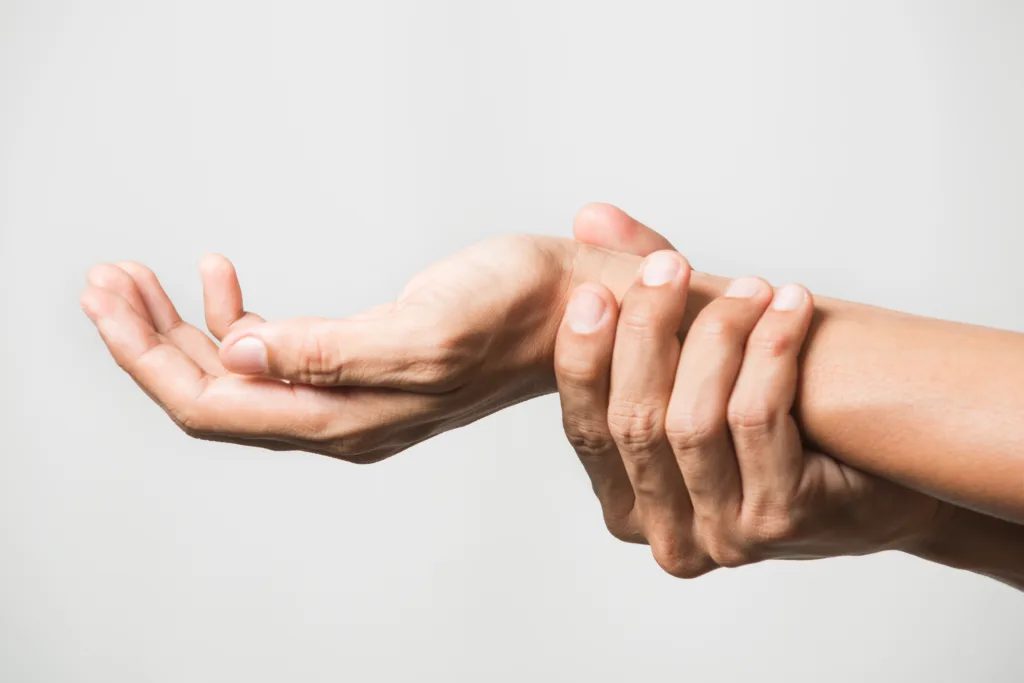


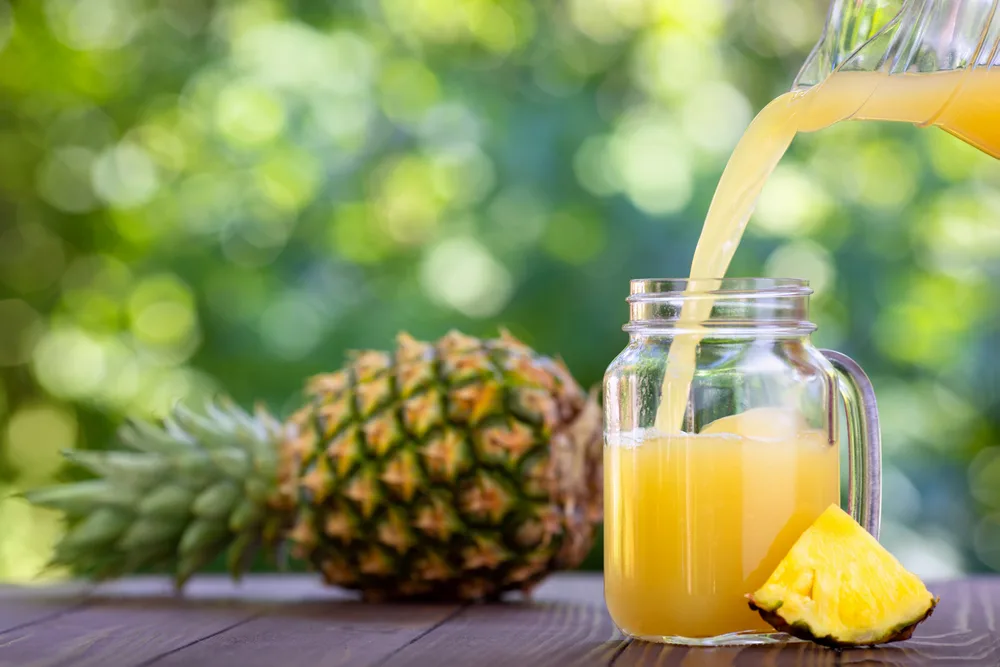

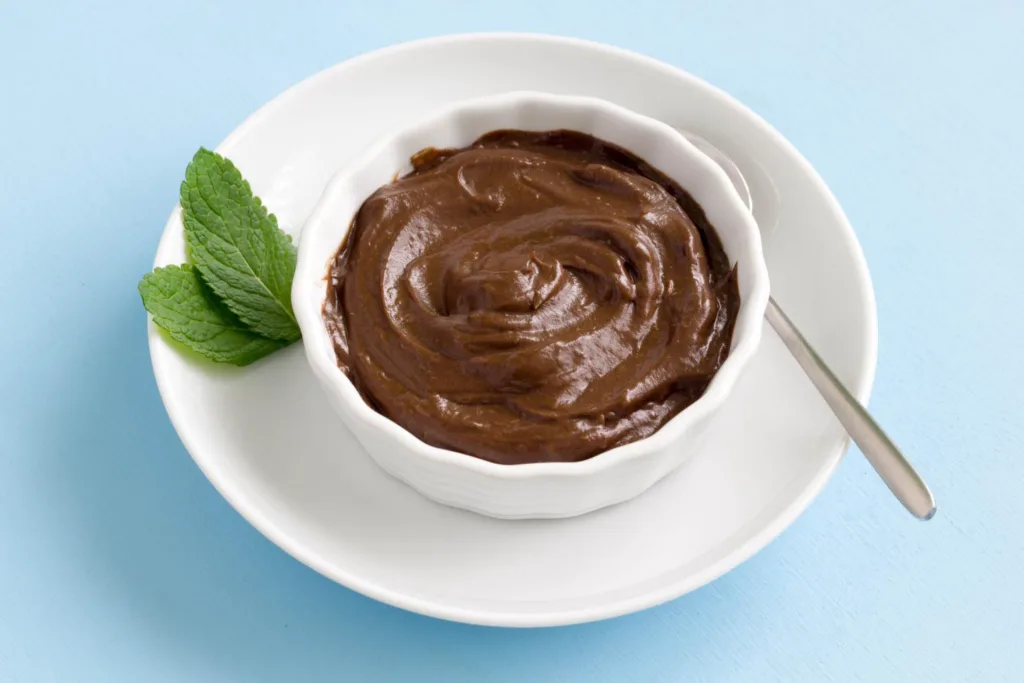
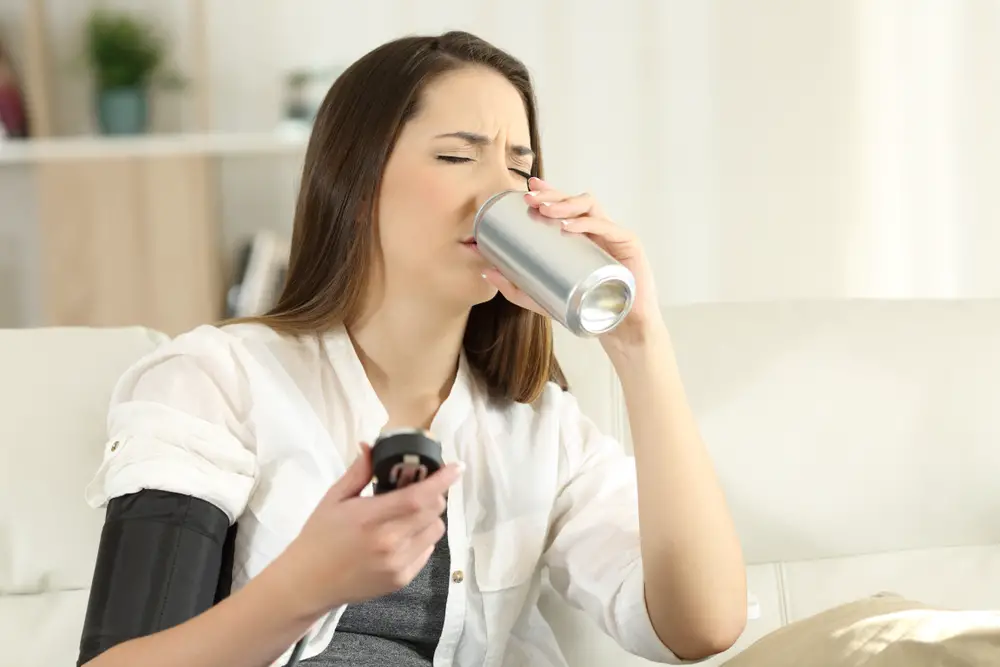
Comments
0